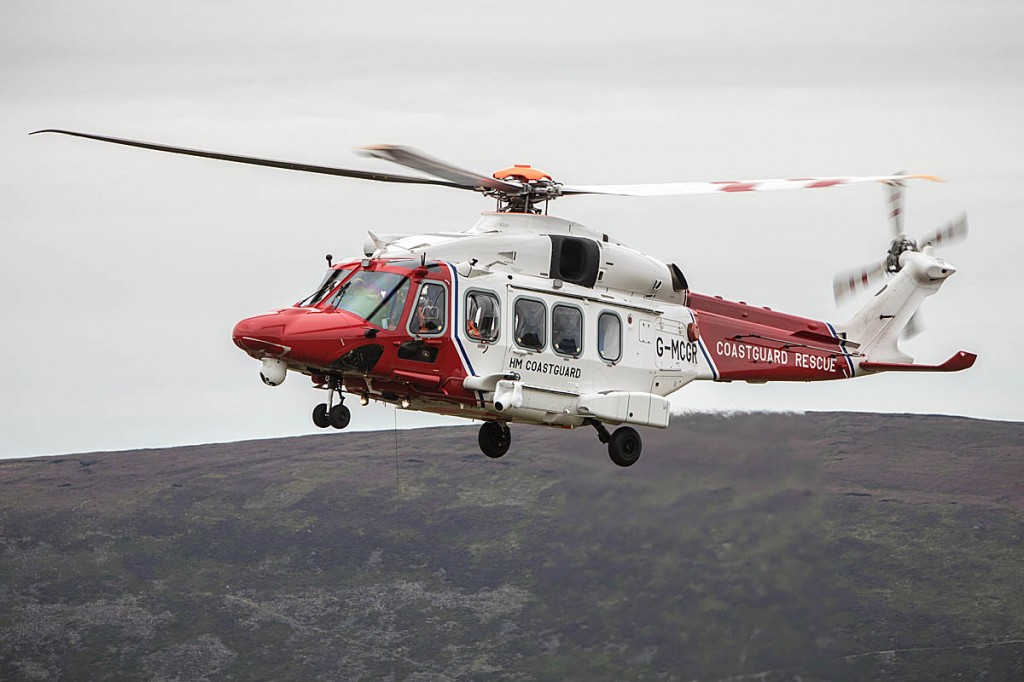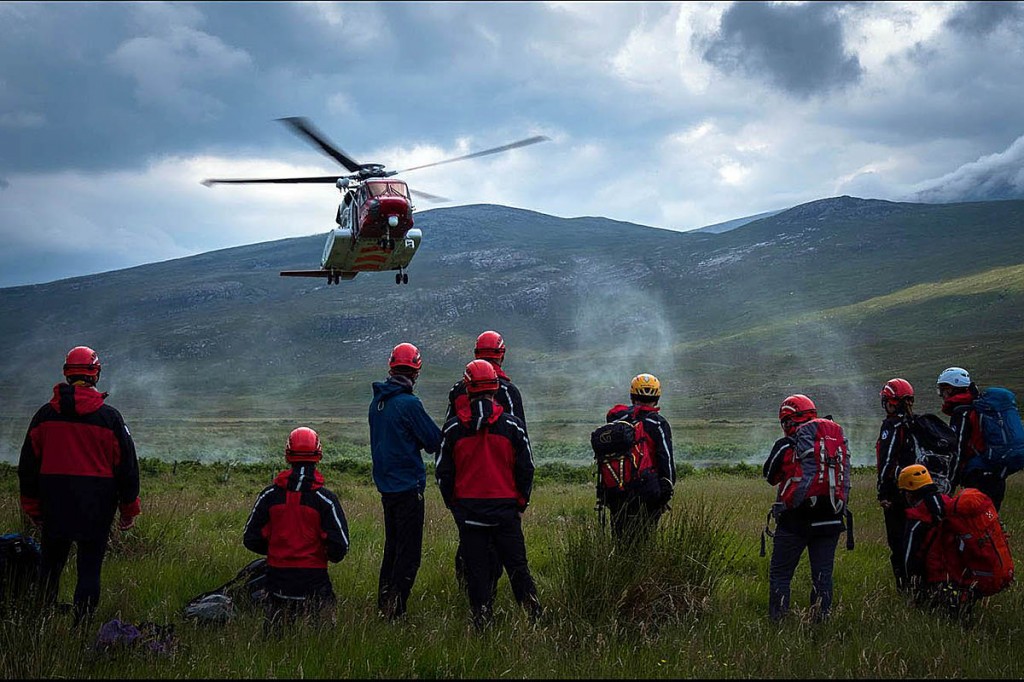Two new helicopter bases will be set up in plans for the next stage of the UK’s civilian search and rescue service.
The Maritime and Coastguard Agency said seasonal, daytime bases will be established at Fort William and Carlisle.
Rescue helicopters from the two new locations will serve Britain’s busiest summer tourist locations, and will be available for 12 hours each day from April to September, the agency said.
The two bases will be added to the 10 existing full-time helicopter sites across the UK as part of a new contract awarded to Bristow Helicopters, the company that currently operates the Coastguard-liveried aircraft on behalf of the MCA, which is overseen by the UK Government’s Department of Transport.
The £1.6bn, 10-year contract was awarded to Bristow after an 18-month procurement process known as UKSAR2G, the UK second-generation search and rescue aviation programme. The current contract began in 2015 when the RAF’s and Royal Navy’s Sea King helicopters were retired from service to be replaced by civilian-crewed aircraft.
The Department for Transport said: “The new contract will see the UK search and rescue region benefit from both innovation and advances in technology to save more lives, even more quickly.
“It will combine the existing two separate aviation contracts for both fixed wing aircraft and rotary aircraft. It will also include the use of uncrewed aircraft (drones). This will provide better value for money for the taxpayer and allow for more innovation throughout the life of the contract.
“As part of the new contract, Bristow Helicopters Ltd will continue to operate from their current 10 helicopter bases and launch two new seasonal bases in Fort William and Carlisle, to serve areas around two of the busiest locations for summer tourism.
“All helicopter bases will continue to be operational 24 hours a day. Fort William and Carlisle will operate 12 hours a day from April to September. The transition out from the current contracts will start 30 September 2024 and run through to 31 December 2026, to ensure a continuation of search and rescue aviation services across the whole of the UK. There will be three fixed-wing bases at Doncaster, Prestwick and Newquay.”
The red and white Coastguard helicopters which, unlike air ambulances, have the capability to winch casualties from difficult locations, regularly support the UK’s volunteer mountain rescue teams in the mountains and countryside, as well as at sea.
Mountain rescuers in Scotland welcomed the announcement. Scottish Mountain Rescue, which represents 25 teams north of the border, said its members looked forward to continuing to work with the Bristow crews and said the establishment of the two new bases will increase the operational capacity of the search and rescue service provided by the MCA in the North-West and South of Scotland, relieving some of the pressures on the existing Prestwick base, which is the UK’s busiest for search and rescue helicopter operations.
Damon Powell, chair of the umbrella organisation, said: “Scottish Mountain Rescue are delighted that the significant engagement we have had with both MCA and Bristow Helicopters Ltd over the lifecycle of the existing SAR-H contract has led to these very positive enhancements in this new second-generation contract.
“These positive changes to SAR aviation capability will be a significant benefit to those undertaking outdoor activities in Scotland.”
The Department for Transport said: “The MCA has undertaken extensive sophisticated modelling to project future demand on our services.
“This makes sure the MCA can tailor future services to meet the demand required and to provide enhancements to the service using new systems and technology.”
It said Bristow will operate 18 Helicopters including existing Leonardo AW189s and Sikorsky S92As. It also plans to introduce Leonardo AW139 helicopters. There will also be six King Air fixed-wing planes, including the B350, B350ER and the B200. A large Schiebel S-100 rotary-wing drone will also be available.
“Drones became part of HM Coastguard’s aviation fleet in March 2022 and are currently deployed supporting search and rescue activity in the English Channel,” the department said.
“Drones have the capability to transmit real-time data including live imagery from the scene to Coastguard operations rooms as well as other responders. As HM Coastguard celebrates its 200-year anniversary, innovations like this will help evolve search and rescue for the next decade and beyond.”
Damien Oliver, senior responsible owner for UKSAR2G said: “We know there are people alive today because an HM Coastguard helicopter came to their rescue.
“When looking at the next decade of service and rescue services, the thought of the future people whose lives may well also be saved as a result of this contract was a huge incentive to make sure this will build on that success and improve it still further.
“This is the excellent result from an 18-month procurement to deliver a new highly capable and innovative search and rescue aviation service. The new service will build on the success of the current arrangements that have been in place since 2015.”
Bristow president and chief executive Chris Bradshaw added: “We are very pleased with the MCA’s trust in Bristow to continue to provide safe and reliable search and rescue services with our crews to help save lives throughout the United Kingdom.”


david barker
17 August 2022No mention made of the locations of the existing 10 full-time helicopter bases - where are they?